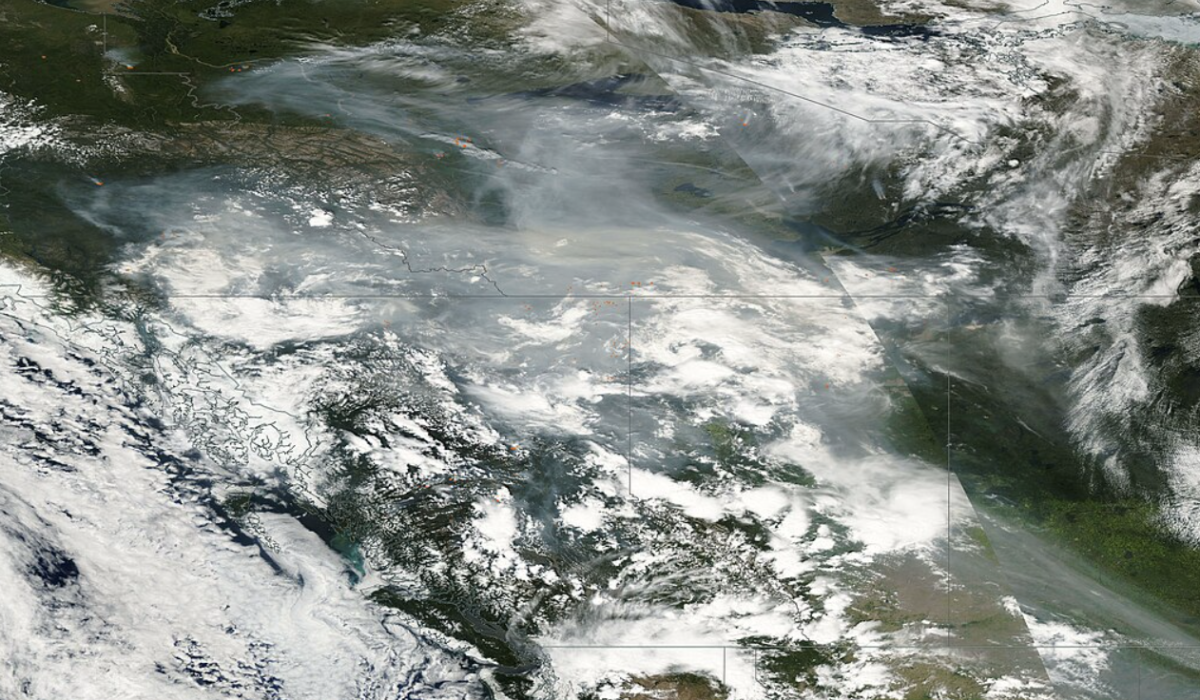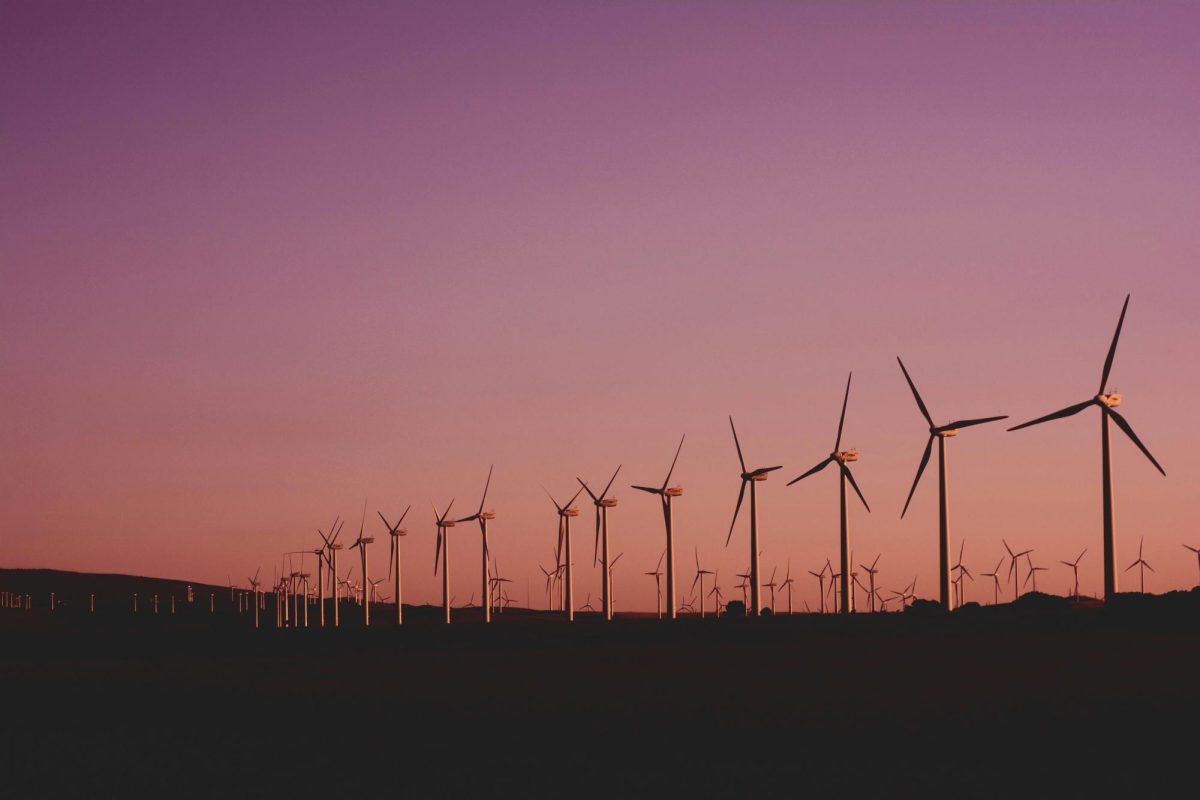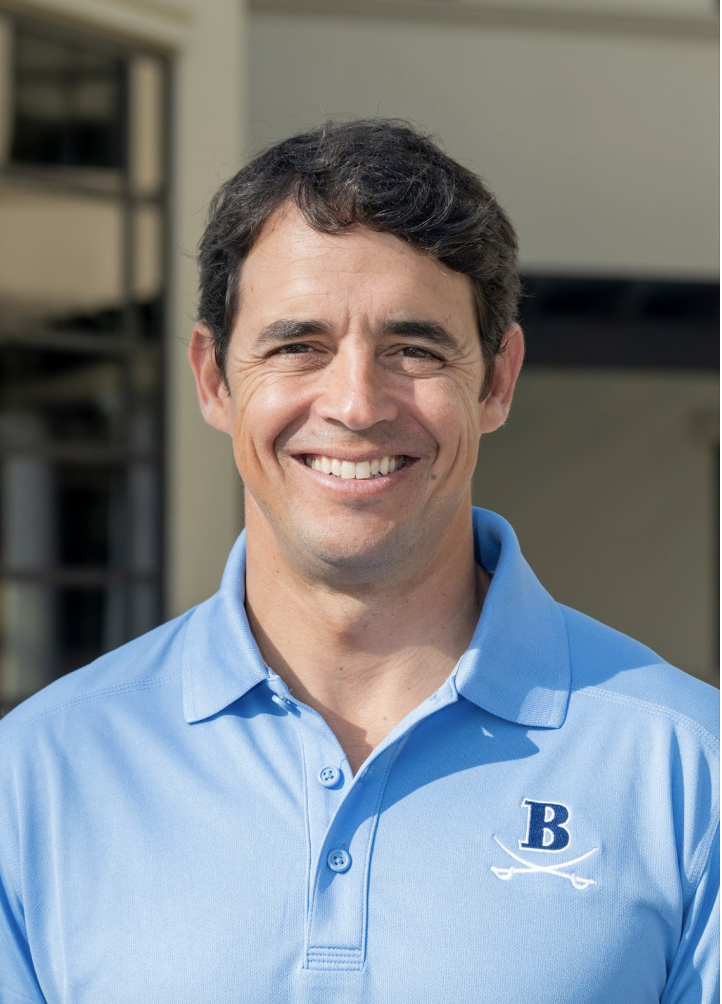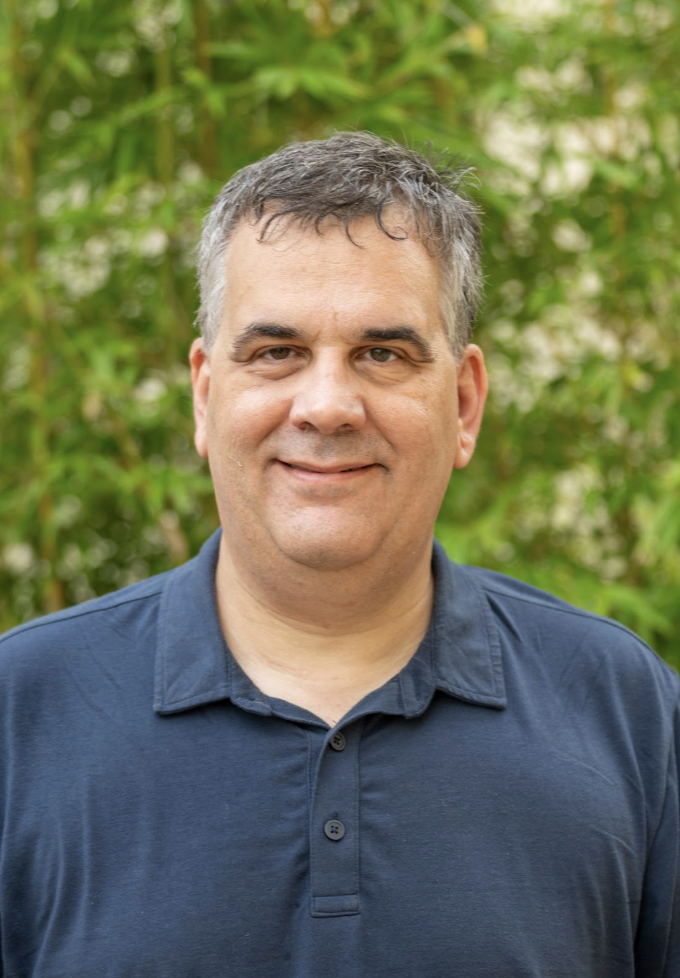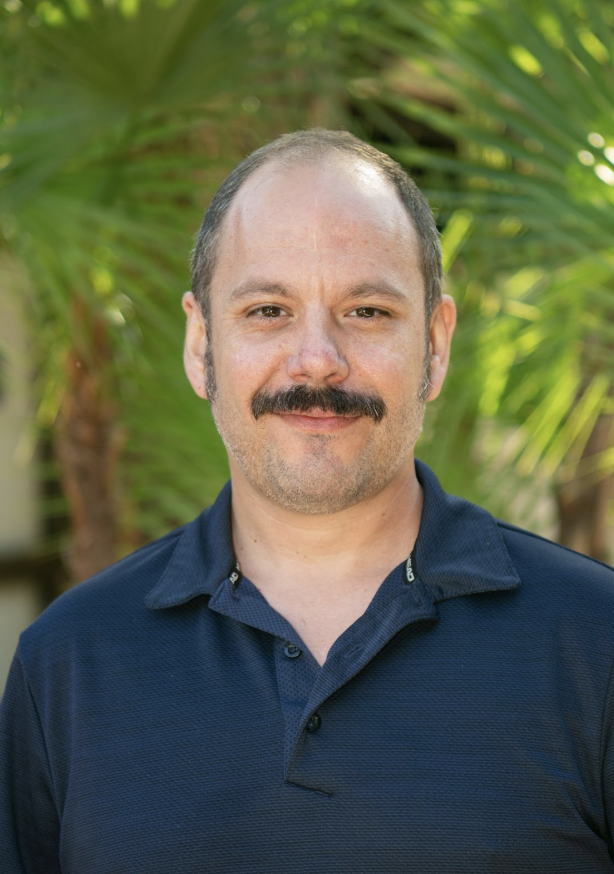“That can’t be right!” said Berkeley senior Ella Adebonojo ‘24 when informed of the shocking news. Yet despite her surprise, multiple news sources, including the New York Times, have confirmed that smoke from the Canadian wildfires reached Florida around Oct. 3, 2023.
Still, Adebonojo ’24 was not alone in her assumption that it would be impossible for the fires to reach that far. A sophomore at Berkeley, Syra Patel ‘26, said, “It was odd because it’s from Canada. I don’t understand how it came down here.”
Starting earlier this year and surging mid-summer, Canada has been grappling with hundreds of intense, record-setting wildfires. The 2023 wildfire season burned the most area in all of Canadian history, according to ABC News. Now, the smoke from these fires has reached cities all over the U.S., even crossing the Atlantic in June, reaching Europe, as stated by NASA.
According to several students here at Berkeley, many were not aware of the Canadian wildfires in the first place, including Berkeley staff members. When asked to share her knowledge about the wildfires, Eliana Maheo, assistant crew coach, said, “I didn’t know it was a thing.”
Thanks to exceptionally dry and hot weather, the 2023 Canadian wildfire season—which normally runs from April to September—has been a record-maker. (Photo by MODIS Land Rapid Response Team, NASA GSFC, Public domain, via Wikimedia Commons)
But others were less confounded by the sudden influx of unhealthy air. Gabe Caraballo ’27 said, “I couldn’t believe it at first either, but upon further examination, I knew it had to be true. But you all wouldn’t listen to me.”
Karina Ginn ‘27, another freshman, offered an almost universally held belief amongst Berkeley students. She said, “I don’t think it’s nice to have smoke in Florida. It makes the air quality worse. It makes me not breathe well and have headaches.”
Her sentiment was echoed across Berkeley hallways and backed by evidence. The wildfires have caused air quality alerts across Canada and the United States, according to the U.S. Post. When air quality is at an unhealthy level, people with lung diseases, heart conditions and serious health issues are at high risk. The general population is likely to experience some symptoms as well, like coughing and shortness of breath.
Most of our students view the smoky weather as a viable health concern that you wouldn’t normally see here in Tampa Bay, which makes it hard to fathom that wildfire smoke came to Florida.
Patrick Huey, a Berkeley rowing coach, said, “The weather patterns were such that it enabled that smoke to reach Florida. It’s not a phenomenon. The jet stream that moves weather patterns takes place throughout the year.”
This so-called ‘invasion’ of the East Coast has had minimal effects on the general Berkeley populace, but it has left students worried for the health of others and perplexed as to whether this is a truly natural occurrence or a theory that can be disproven.
The good news is that Canada’s fire season has finally shown signs of slowing. This slowing signals the end of Florida’s smoky skies for this year. Or at least, students certainly hope so.


